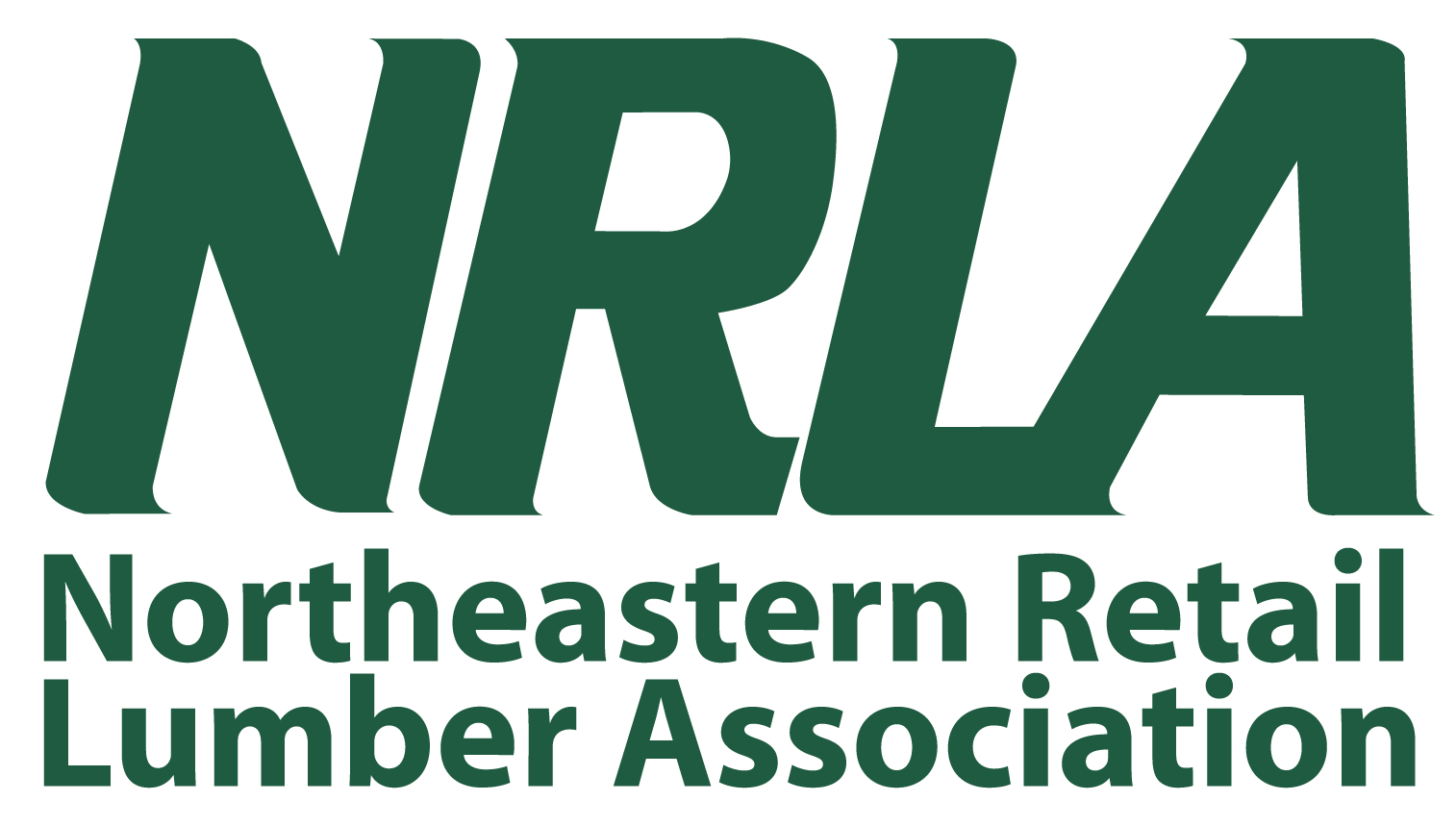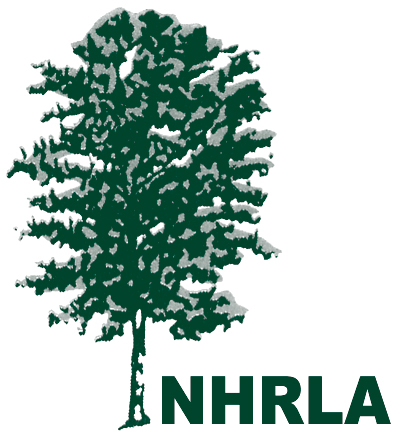The New Hampshire legislative session is rapidly nearing its conclusion.
The issue of workforce housing has become one of the more public issues this year, pitting advocates for legislation that would make it easier to construct such housing units against those who see the moves as contrary to local control.
HB 1291, relative to accessory dwelling unit uses allowed by right, has passed the House on a 220-143 roll call vote and is scheduled for a public hearing in the Senate on May 7th.
The report in favor of the bill says, in part:
“This bill, as amended, is a modest expansion of property owner rights that has been worked extensively on, and enthusiastically supported by developers, associations of realtors, NH Housing Finance Authority, town planners, housing advocates, unhoused crisis organizations, the disabled community, market-solution research groups, academia, landlords, and tenants, for over two years. It curtails some of the restrictions on building an accessory dwelling unit (ADU) that towns currently place on homeowners who are supposed to be allowed to build one ADU by right, and yet many homeowners have run into roadblocks on the municipal level. ADUs are a unique win-win-win solution to NH’s housing crisis.
They help tenants by adding high-quality and low-cost units to supply, and it is estimated that the loosening of restrictions in this bill would create an additional 40-90,000 units over the coming years, commensurate with the 60,000 unit shortage NH is experiencing. In addition, ADUs are one of the only housing solutions that help people buy homes as well as help with rental units, as Fannie Mae and other institutions have developed formulae to account for rental income when home buyers purchase their home, thereby helping homeowners defray the cost of mortgages.
Homeowners also appreciate that ADUs are “life-cycle housing,” allowing living space for aging parents, adult children, family members with disabilities, or themselves when they age. Unlike housing projects and low-income developments, ADUs are the decentralized, victory-garden approach to supply – the gentlest form of density, leaving rural character of towns intact as they are practically invisible.”
The opponents countered:
“This bill is a mandatory major expansion of the accessory dwelling unit (ADU) statute. Currently, single-family homes are allowed by right to one attached ADU no less than 750 sq ft. This bill changes that to two ADUs, one attached and one detached with a size no less than 1000 sq ft for one and no less than 850 sq ft for the second. This applies to any lot 1/2 acre or larger. This turns any single-family home into a 3-unit rental property. The minority believes it is important to look for solutions to the housing inventory, but this bill could potentially devastate the single-family neighborhoods that our citizens enjoy. Again, this is not enabling. This is a top-down, one-size-fits-all zoning change mandated by the state. Local control should prevail in these matters.”
HB 1399, allowing municipalities to permit 2 residential units in certain single-family residential zones, passed the House on a 220-140 vote, but that bill seems to be on its way to study in the Senate. The bill would allow homeowners to turn an existing home into a duplex or build two new duplex homes on lots of two acres or less, including 50% of all lots in a single-family residential zone. However, this would override local zoning ordinances. Advocates describe duplexes as “Missing Middle Housing” and are in short supply and difficult to either build new or purchase an existing grandfathered building. Proponents also noted that it is hard to justify zoning that allows rental housing of five units or more, but bans duplexes and triplexes but that rule is in place in many municipalities in New Hampshire.
Also passed the House is HB 1065 relative to fire sprinkler requirements in residential buildings. The bill would add an exception to the state fire code for fire suppression or sprinkler systems requirements for existing residential buildings with no more than 4 dwelling units.


